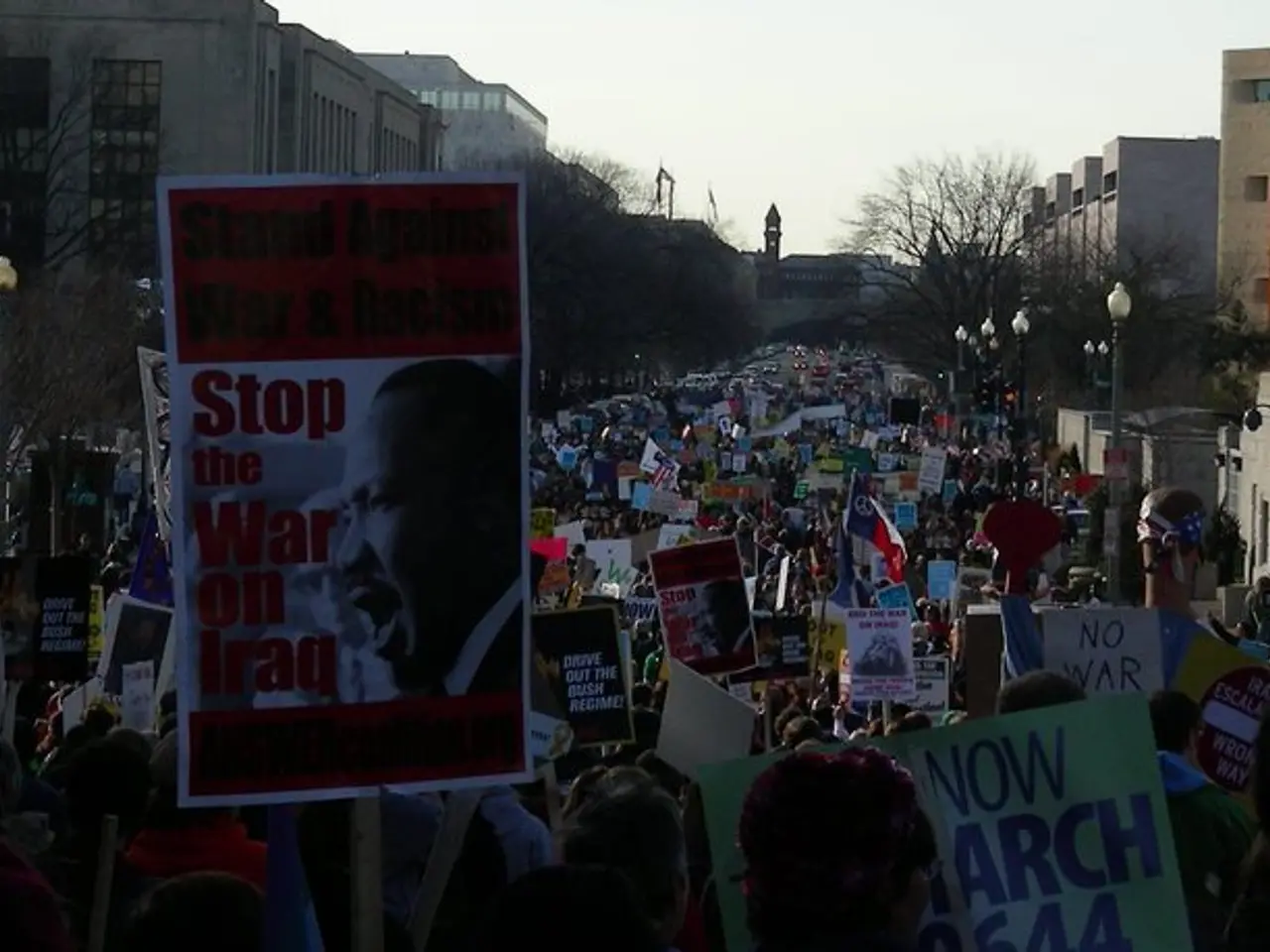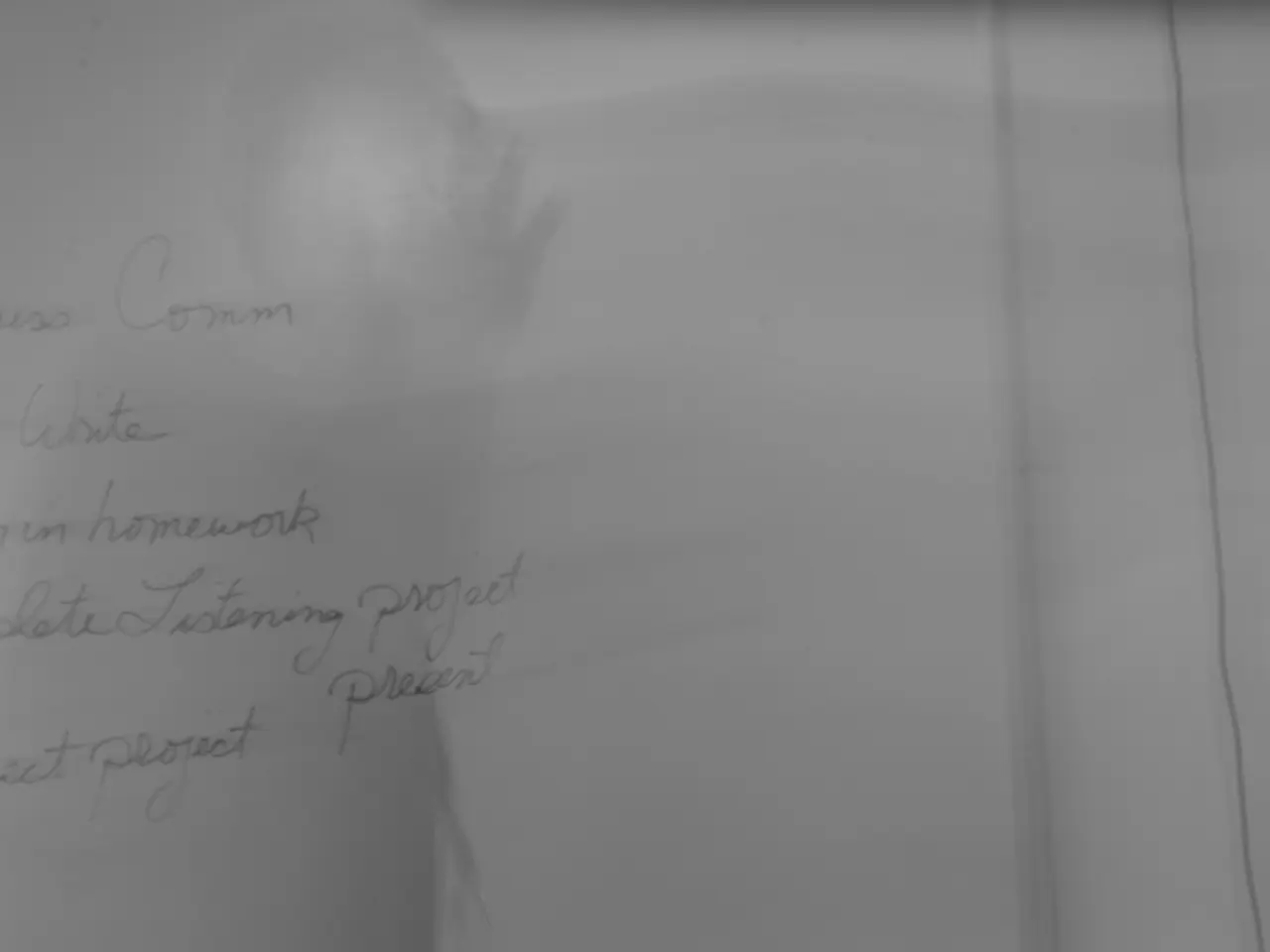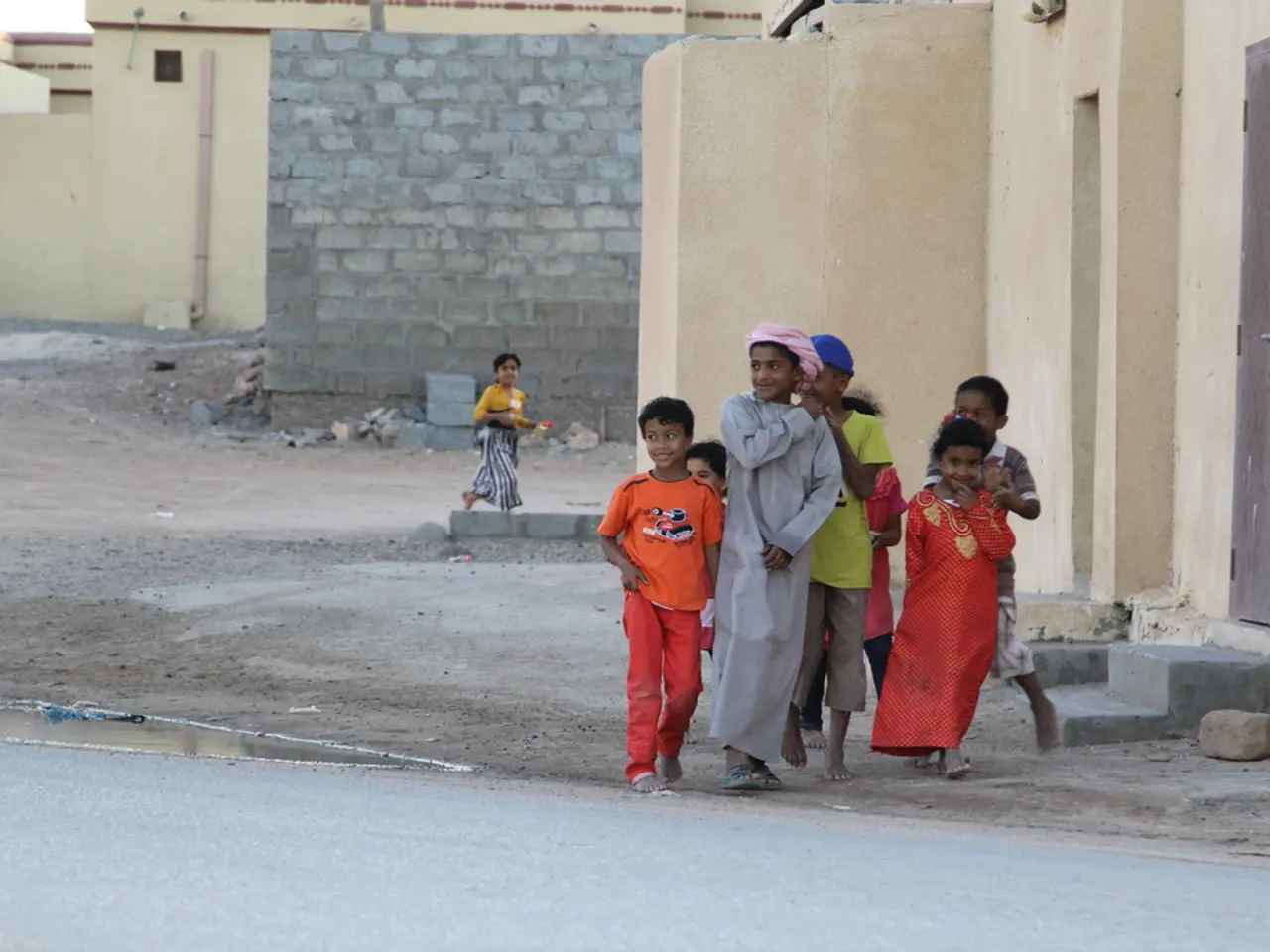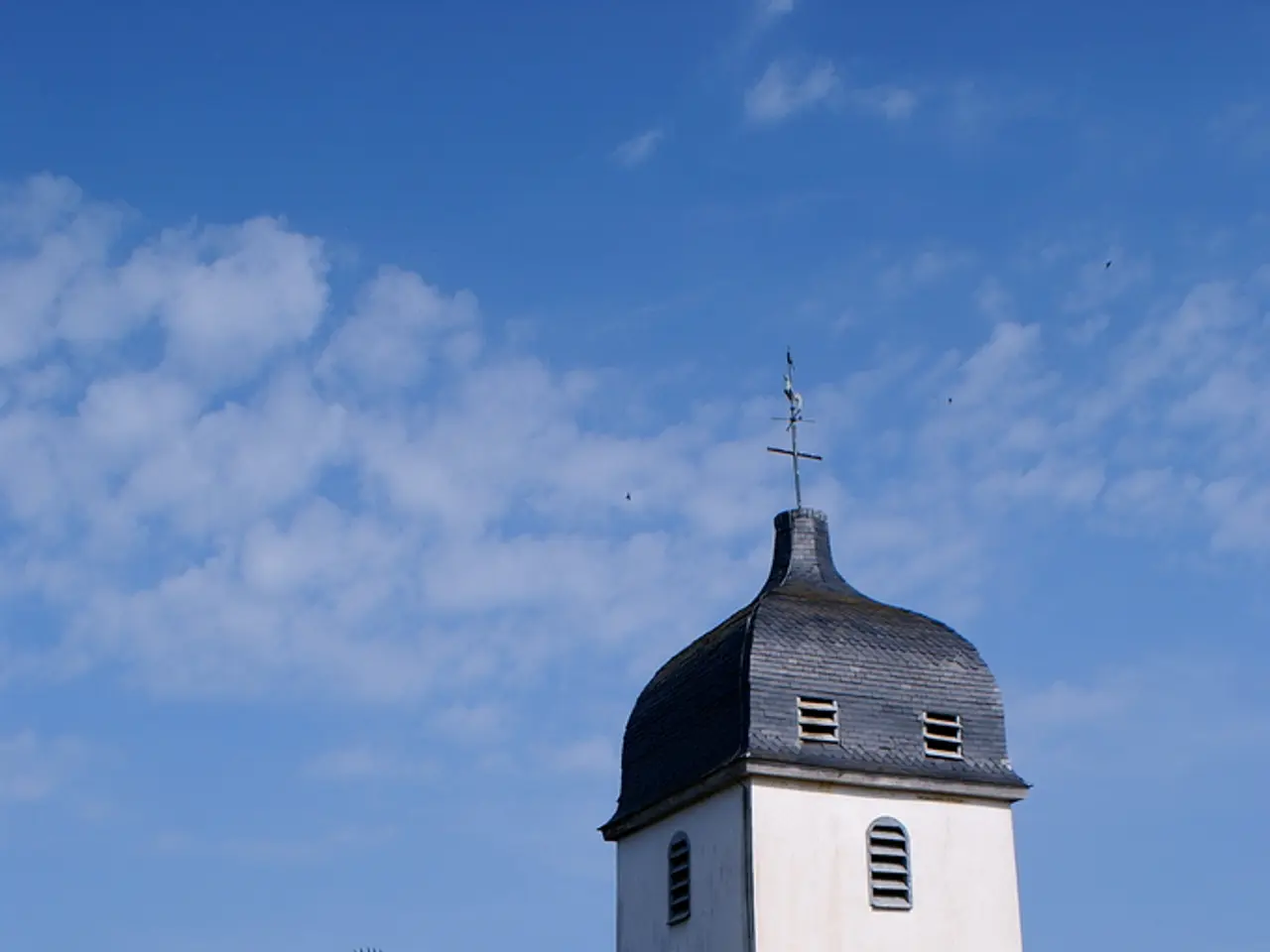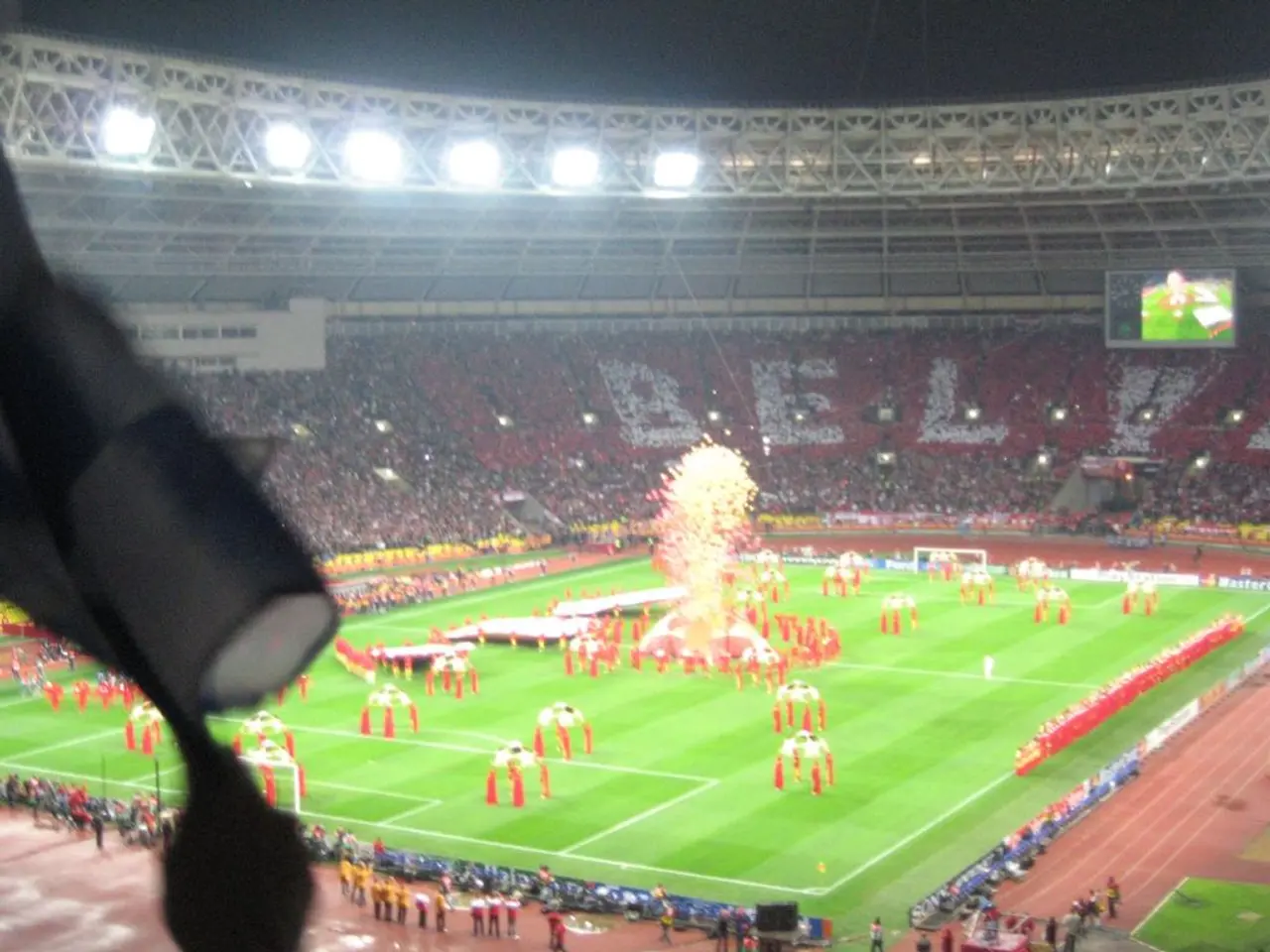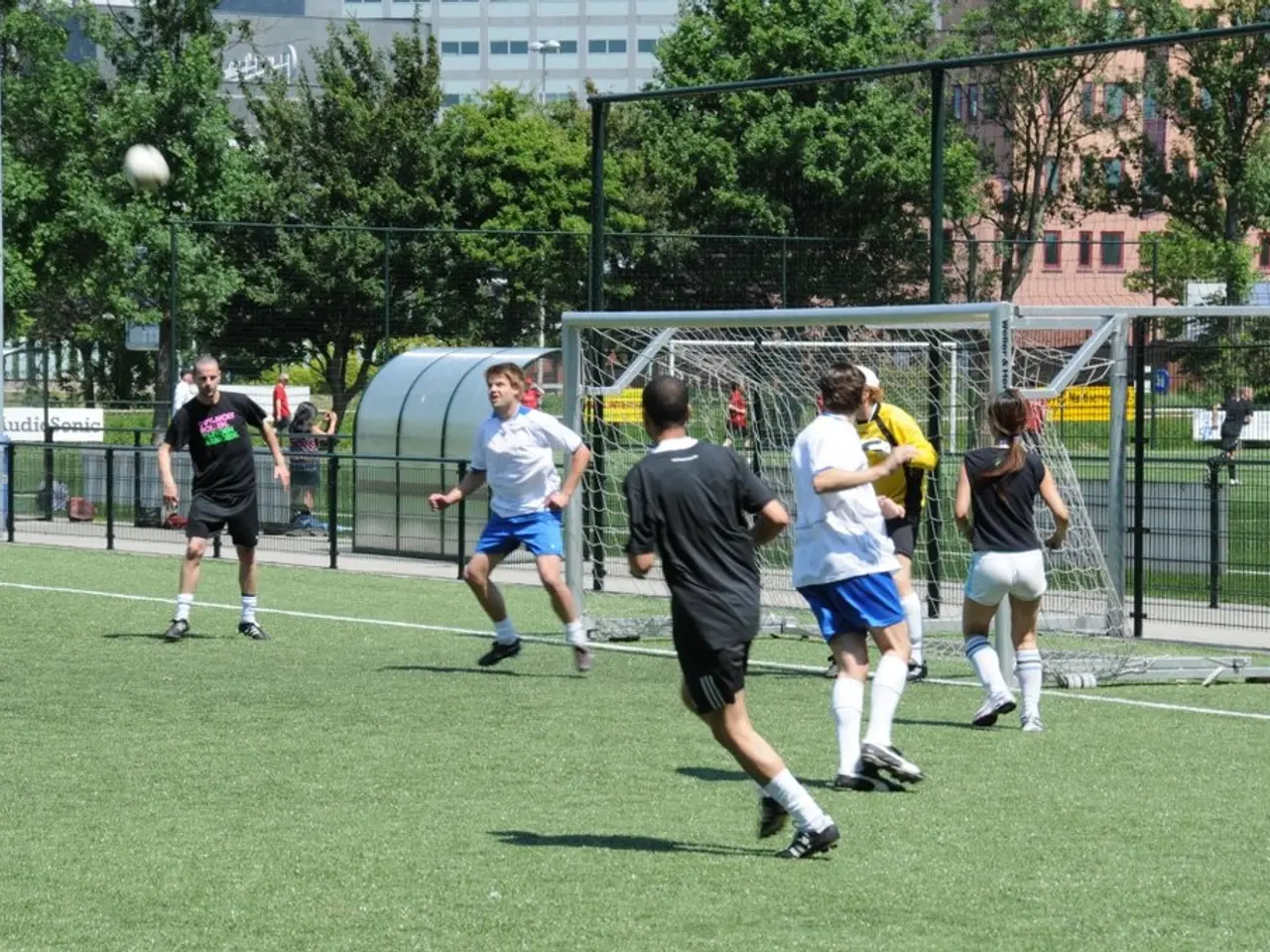Escalating Far-right Aggression Towards Small British Muslim Groups Paves a Troubling Path for Other Minorities
In recent years, the UK has witnessed a concerning increase in far-right groups and Islamophobia, a trend that has been significantly influenced by mainstream politicians, conservative media, and social media platforms.
Since 2023, these entities have contributed significantly to the rise of far-right groups and Islamophobia by spreading negative stereotypes and hostile narratives about Muslim communities. Political leaders and media outlets with large platforms have propagated tropes portraying Muslims as dangerous, violent, sexually predatory men, and submissive women, poisoning public discourse and fostering mistrust and fear of Muslims among the broader population. Conservative political figures have also exploited Islamophobic sentiments for political gain, as exemplified by incidents like the backlash against the Manchester Islamic Centre’s job advertisement in 2025.
These narratives often portray Islam and Muslims as a threat to British security and values, using terms like "Islamic terrorism" or "violent Islam" that stoke fear and resentment. Research shows that mainstream British newspapers commonly depict Muslims as a homogeneous and threatening group, underrepresenting their viewpoints and frequently linking Islam with barbarism, irrationality, and sexism. Social media platforms have amplified these divisive messages by enabling rapid spread and engagement with extremist content, further empowering far-right groups and normalizing Islamophobic attitudes.
This climate has also coincided with far-right groups targeting Muslim places of worship and communities, as seen during the Southport riots in 2024, where mosques were attacked and worshippers forced into defensive measures.
The violent unrest in July 2024, which occurred in Hartlepool, County Durham, and Merseyside, targeting small businesses and a house, was fueled by online misinformation and was not instigated by Muslim communities. However, the events have highlighted the need for increased support and solidarity within affected communities. In Hartlepool, more than £10,000 has been raised by local people of many different faiths to support a local mosque following the riots.
Amidst this challenging environment, acts of kindness and unity have emerged. In response to the planned far-right rallies, Imam Adam Kelwick of the Abdullah Quilliam mosque in Liverpool is offering free food and drink and peaceful dialogue inside the mosque.
The history of racial tension in the UK is not a new phenomenon. In the 1970s and 1980s, local racist street gangs in Luton, Bedfordshire, routinely sought to terrorize people of color. However, the current rise of far-right groups represents a concerning escalation, with the far-right shifting its strategy to target small towns, such as Hartlepool, to appear larger and stronger.
Reports suggest that further rallies are being planned in Liverpool, Middlesbrough, Bristol, Belfast, and Hull, with some organizers urging protesters to congregate outside Muslim places of worship. It is crucial that efforts are made to counter these divisive narratives and promote understanding and respect within our communities.
The worst effects of the far-right violence have been felt in northern towns with small Muslim communities. Muslim communities have been blamed, harassed, and assaulted, and mosques across the country have been threatened. It is essential that all individuals and institutions stand against hate crimes and work towards creating a more inclusive and harmonious society.
Political figures like Reform UK leader Nigel Farage have been criticized for emboldening far-right movements. As we move forward, it is crucial that political leaders take a stand against Islamophobia and work towards promoting understanding and respect for all communities.
In conclusion, the rise of far-right groups and Islamophobia in the UK since 2023 has been fueled by coordinated narratives from political figures and conservative media that demonize Muslims, combined with social media platforms that facilitate the spread of such views, leading to increased hostility and a toxic environment for British Muslims. It is essential that we all work together to counter these divisive narratives and promote unity and understanding within our communities.
Since 2023, political leaders, conservative media outlets, and social media platforms have contributed significantly to the rise of far-right groups and Islamophobia by propagating negative stereotypes and hostile narratives about Muslim communities, as exemplified by the backlash against the Manchester Islamic Centre’s job advertisement in 2025. Furthermore, in the general news landscape, mainstream British newspapers often depict Muslims as a homogeneous and threatening group, linking Islam with barbarism, irrationality, and sexism, which stokes fear and resentment.
